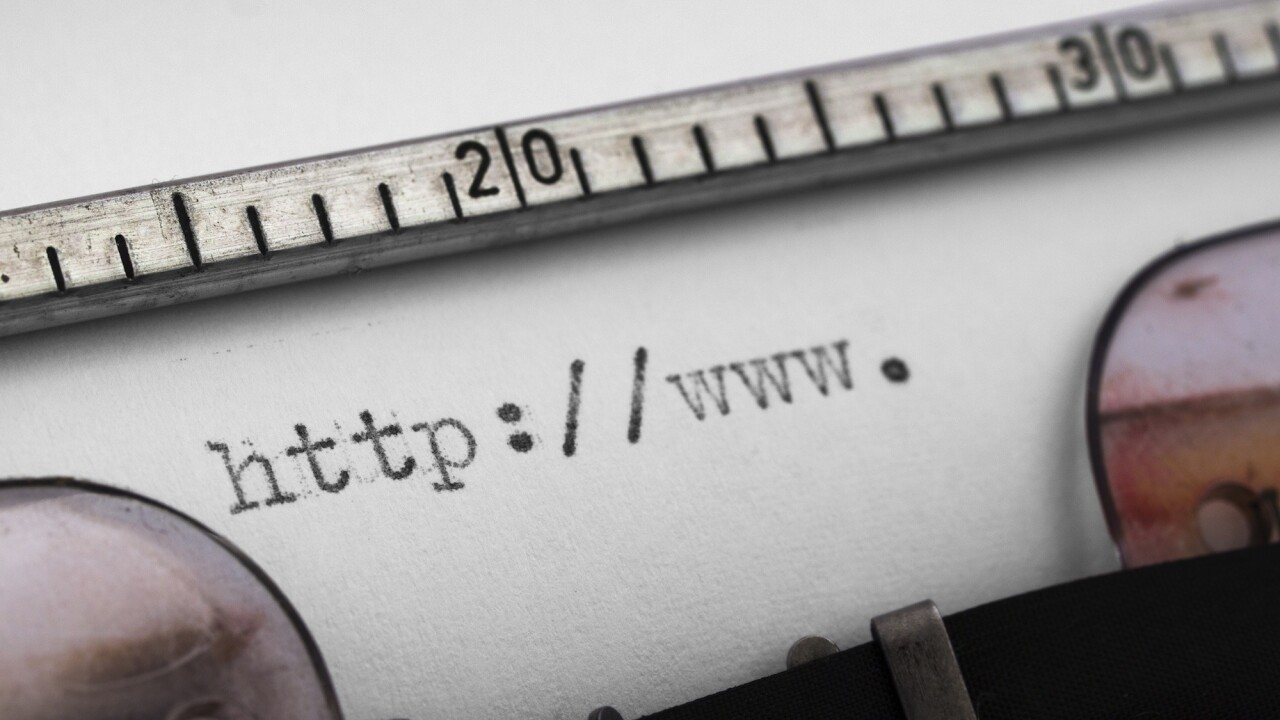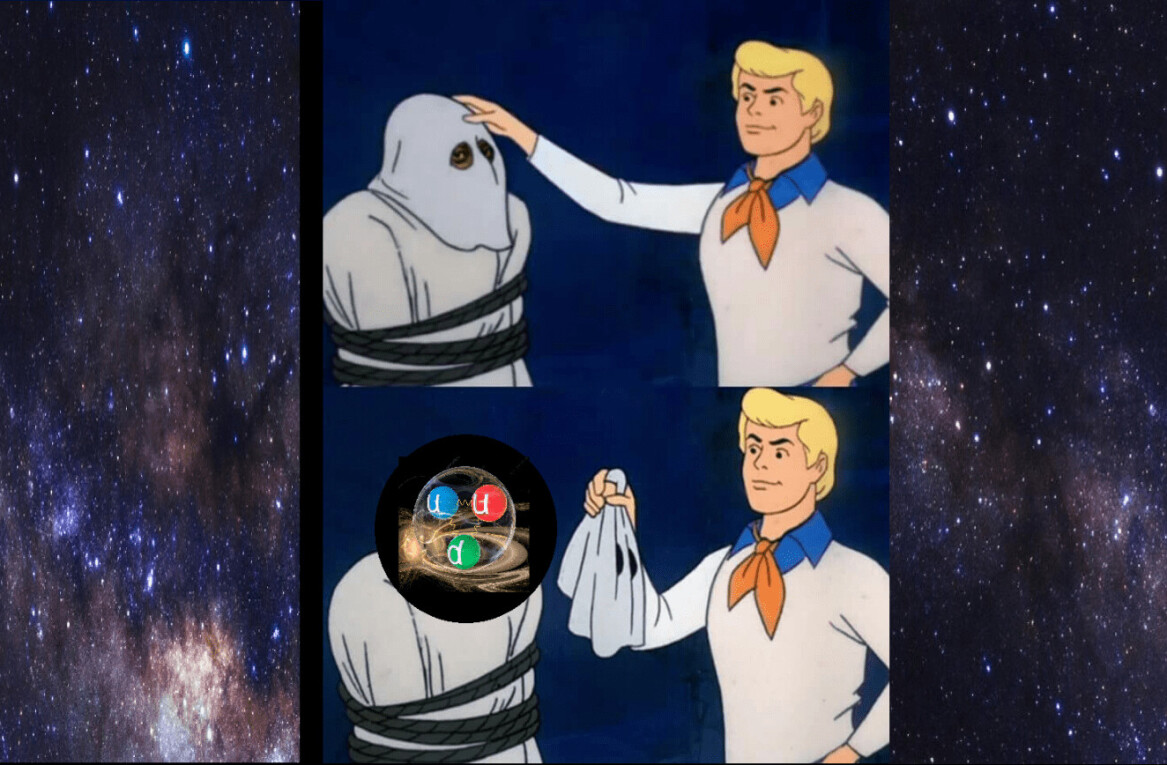
It’s the year 2017 — social media sites are competing for attention, and even the powerful and highly-regarded use blogging sites like Medium. With that in mind, does the average user need a personal website?
Who are You, and What do You Want?
Usually I see people put together personal websites to advertise themselves as professionals (or avid amateurs) at something. Keeping all of your information in one place was (and still is) a great way to create a complete picture of yourself.
Say, for example, you’re into photography — a personal website would have your gallery of photographs, a description of your equipment and experience, and your contact information. That’s everything you need to make yourself known.

But as much as I commend anyone with the time and patience to make a site likes this, what are you getting that Instagram can’t offer?
To be clear, I’m not talking about websites you create in service of other things. The “Game of Thrones” fan site is fair game, it’s not what I mean. I’m talking about the kind of websites designed to advertise a person — not a business or an opinion.
Social Media for All Occasions
The rise of Facebook, Twitter, and other social media sites has eclipsed the personal website, as those sites have become the default method of searching for personal information. There’s a good reason why — they’re easy to use, both for the searcher and the person being searched.

For example, when I was job hunting, I was almost invariably asked for my LinkedIn profile. LinkedIn might not be one of the flashiest social sites, but it does revolve around networking, and it does offer just as good a place as any to tout your own resume. It doesn’t matter necessarily that it’s not exactly the format I’d choose to present my resume. What matters is: that’s the first place anyone who wants to know about my work experience will search for me.
Say the same hypothetical photographer from above wanted to get their pictures onto a site that would demonstrate the quality of their work and bring it to the attention of more people. They could put together a personal gallery, but wouldn’t a Facebook page, Instagram profile, or even (for the truly bizarre) Google+ account serve the same purpose?
Other Sites Get the Word Out
It’s not just social media taking over the work of websites. Blogging sites, such as Medium or Tumblr, have taken over as the place where those with something to say can be heard in an egalitarian environment. Medium is fast becoming a site for journalists and professional writers, and will soon allow people to collect revenue by posting their work there.

I do think it’s important to own your own identity online. Having all the things which come up when people search your name online go to things you control is an important part of personal autonomy in this day and age.
But there’s a difference between controlling your identity and having a personal website. The former is a way to control what information about you is out there when people search for your name. The latter is a way of presenting that information in a way that seems a bit archaic.
While I can see some circumstances where you might like to have a website with all your info in one place — for example, as a case study to prove you can design and maintain a good website — I don’t see it being a thing most modern professionals need.
Like it or not, social media provides an easy-to-use template that lets anyone make their personal information available — and most of those sites are a hell of a lot easier to use than even the mildest website creation software.
Get the TNW newsletter
Get the most important tech news in your inbox each week.





